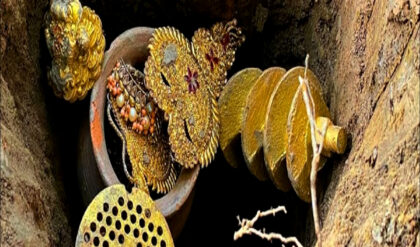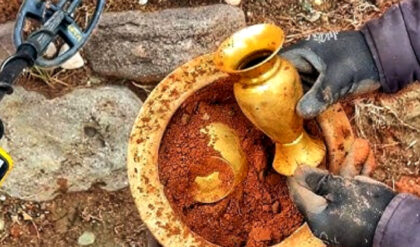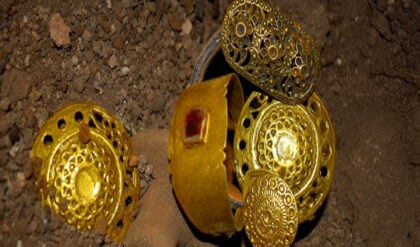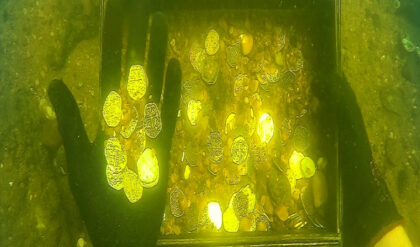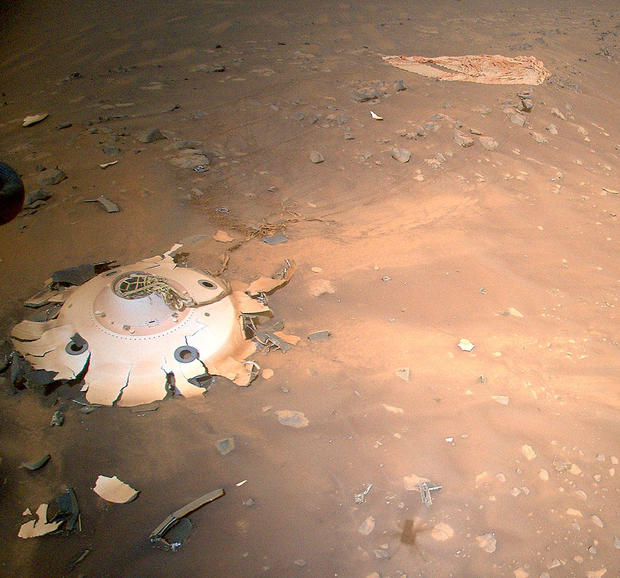
“NASA extended Ingenuity flight operations to perform pioneering flights such as this,” said Teddy Tzanetos, Ingenuity’s team lead at the Jet Propulsion Laboratory. “Every time we’re airborne, Ingenuity covers new ground and offers a perspective no previous planetary mission could achieve.”
Known as the “seven minutes of terror,” scientists say that the entry, descent and landing on Mars is stressful not just for them, but for the rovers themselves — due to the high temperatures and other extremes that come with it. The new, highly-detailed images, could potentially improve the landings of future spacecraft, including the Mars Sample Return Lander, which promises to bring Martian samples home to Earth for further study for the very first time.
“Perseverance had the best-documented Mars landing in history, with cameras showing everything from parachute inflation to touchdown,” said JPL’s Ian Clark, former Perseverance systems engineer and now Mars Sample Return ascent phase lead.
“But Ingenuity’s images offer a different vantage point. If they either reinforce that our systems worked as we think they worked or provide even one dataset of engineering information we can use for Mars Sample Return planning, it will be amazing. And if not, the pictures are still phenomenal and inspiring.”
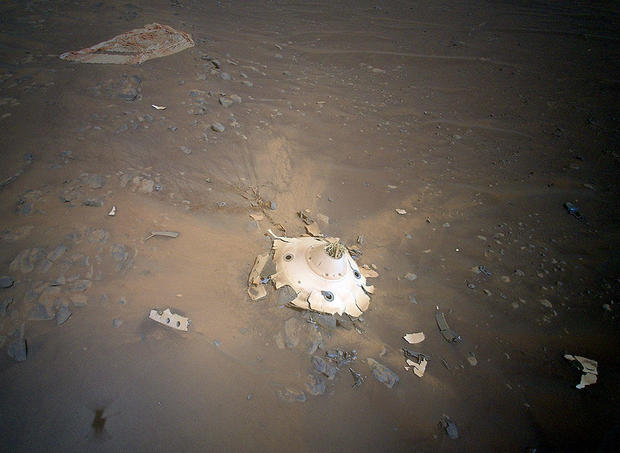
The backshell impacted the surface of Mars at about 78 miles per hour — but the images show that its protective coating appears to have remained intact, as did many of the 80 high-strength suspension lines that connect it to the parachute.
Only about a third of the massive 70.5-foot-wide striped parachute, which contains a hidden message, is visible in the images, the rest crumpled and covered in dust. However, the canopy appears unscathed, NASA says.
Researchers plan to continue analyzing the images for several weeks to search for clues to help future missions.
Ingenuity’s Flight 26 came on April 19, the one-year anniversary of its historic first flight. In its infancy, researchers were unsure just how long the $85 million drone would last on the red planet, celebrating each and every flight as a major milestone.
This time, it flew 26 feet above the ground for 159 seconds to capture the images. In total, the helicopter, which weighs only about four pounds, traveled 1,181 feet during its journey.
“To get the shots we needed, Ingenuity did a lot of maneuvering, but we were confident because there was complicated maneuvering on flights 10, 12, and 13,” said Håvard Grip, chief pilot of Ingenuity at JPL. “Our landing spot set us up nicely to image an area of interest for the Perseverance science team on Flight 27, near ‘Séítah’ ridge.”

Ingenuity has now logged over 49 minutes of flight time in total and traveled 3.9 miles. But the new area of operations over the Jezero Crater’s dry river delta — filled with jagged cliffs, boulders and angled surfaces — marks a massive departure from the relatively flat terrain it traversed in earlier flights.
Researchers hope the helicopter can now survey the delta to help determine which path Perseverance should climb to reach the top. Additionally, it could help the team identify potential targets for scientific exploration, as the rover begins its search for ancient life on Mars.
